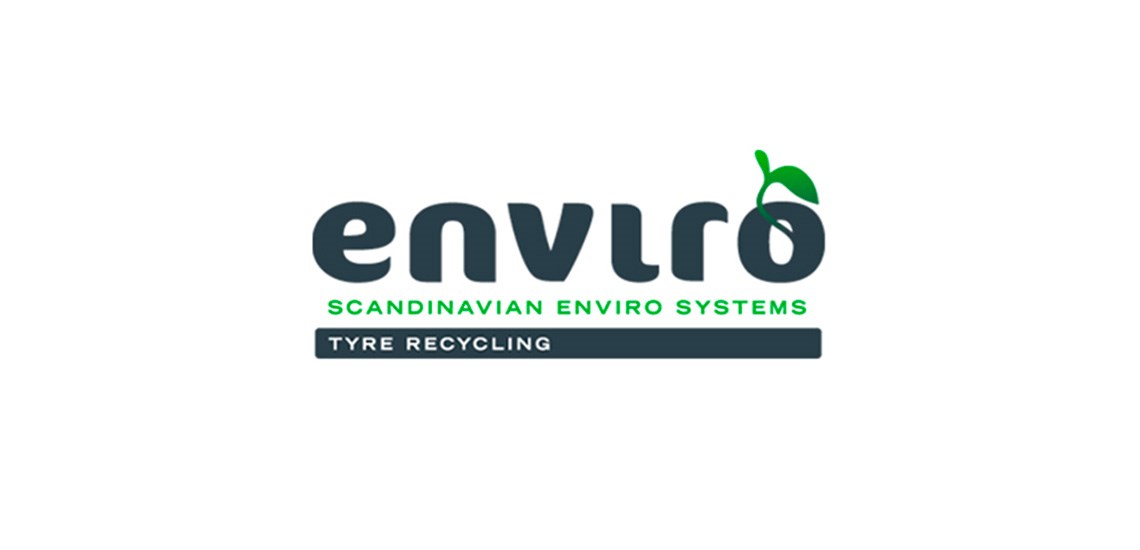Enviro looks to get a greater return on pyrolysis oil as the market grows
Enviro Sees Growth in Pyrolysis Oil Market
Enviro has recognised a growth in interest in pyrolysis oil extracted from end of life tyres. CEO of Enviro, Thomas Sörensson states that; “The oil has a high bio content due to the natural rubber in tyres, and in the company’s opinion is therefore of great interest to many players in the market because it could replace fossil-based alternatives.
“Based on the market response and our own calculations, we judge that the oil recovered from end-of-life tyres could contribute to a strong increase of revenues from recycling plants that use our technology.”
Enviro’s view of the market is that a growing demand for sustainability, added to tightened regulatory requirements, have driven this greater demand for non-fossil fuel alternatives. As a result, Enviro has changed its calculations for potential revenue streams for an Enviro technology-based pyrolysis plant.
“The changed market conditions mean that the recovered oil will have a strong positive effect on the revenues from a plant. We are now of the opinion that it could contribute to a strong increase of the previously calculated revenue, which was stated at approximately MSEK 110 per plant and year,” Thomas Sörensson says.
With as 50% of the content of an end of life tyre being oil that has a high bio content, reusing that oil will reduce the fossil fuel impact on the environment.
A recycling plant based on Enviro’s standard model can process approximately 30,000 tonnes of tyres per year, recovering a commercial volume of approximately 14,000 tonnes of pyrolysis oil.
Enviro now intends to intensify its activities to certify the recovered pyrolysis oil to make it even more commercially viable. The company will also conduct a life cycle assessment (LCA) of the oil to verify its environmental benefit, as well as a more detailed study of its content. Furthermore, the company intends to certify the pyrolysis oil in accordance with the EU’s REACH environmental regulation, which will facilitate trading in and transportation of the recovered oil.




















